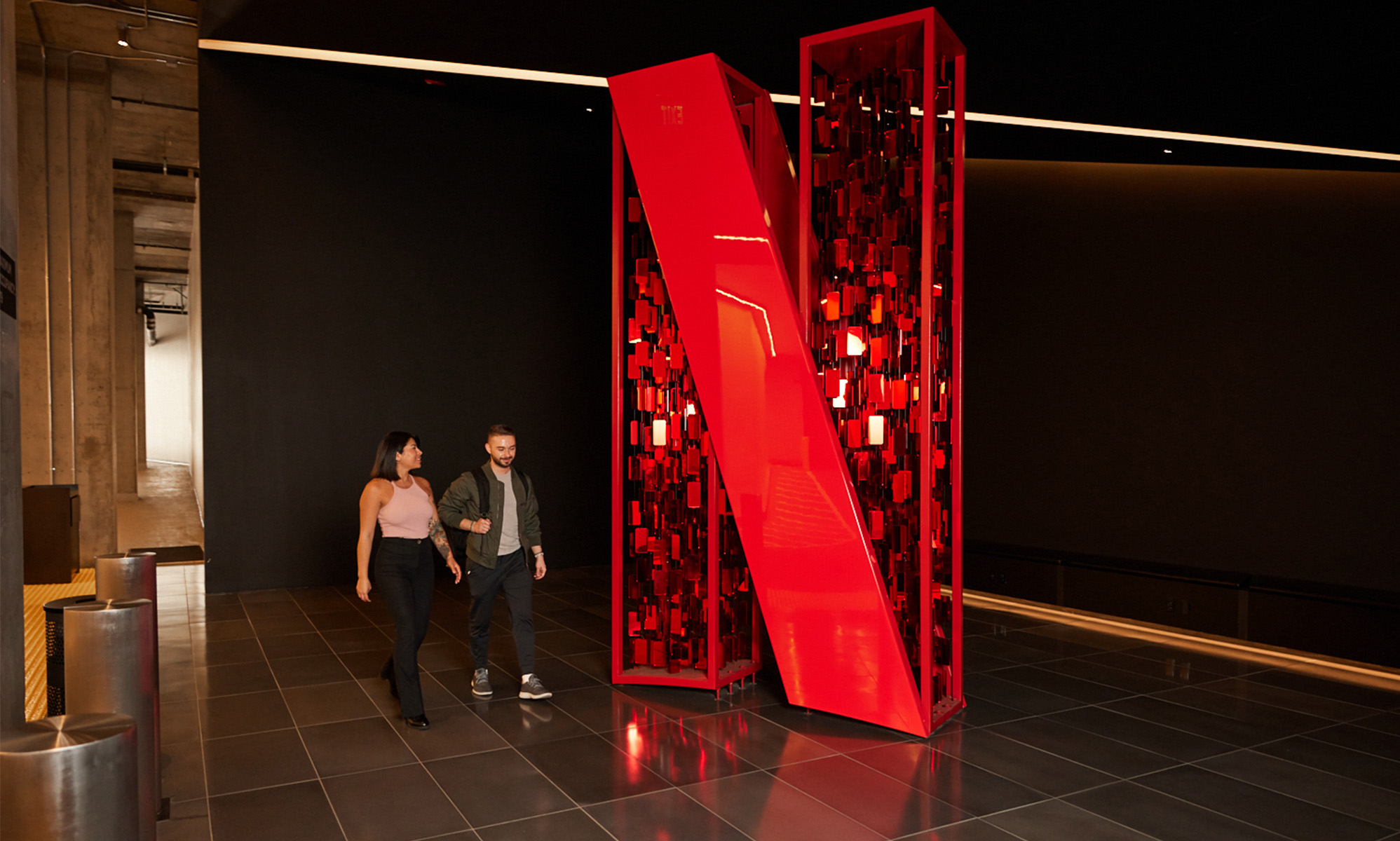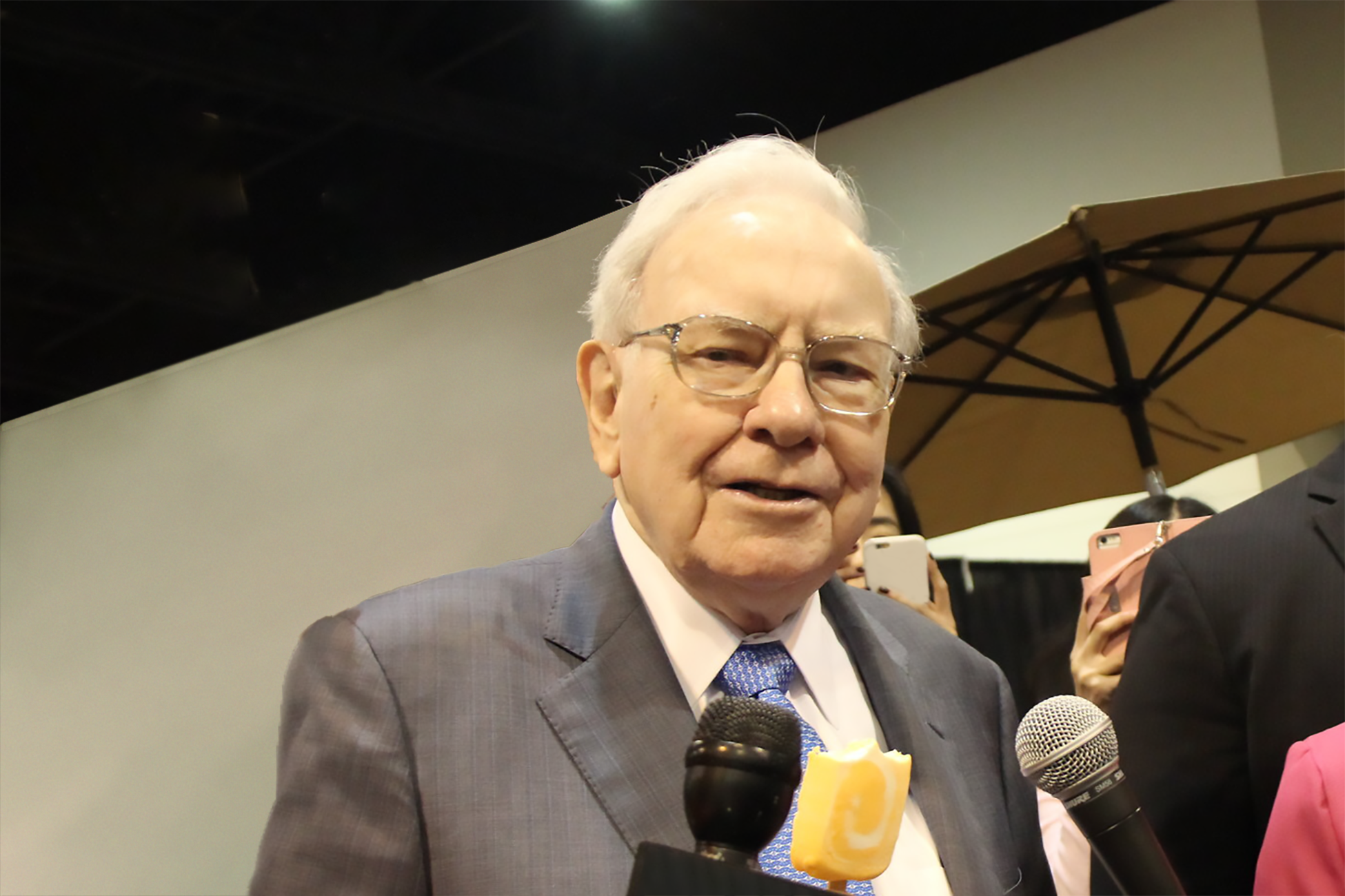Netflix: A Winter of Discontent

These whispers, predictably, solidified into action. Netflix launched a bid for Warner Bros. in December, followed by a rival offer, unsolicited, as if attempting to seize a prize already promised. The ensuing weeks were a spectacle, a ballet of billions, played out on the unforgiving stage of Wall Street. Even a respectable fourth-quarter report, a solid performance by any measure, proved insufficient to stem the tide. It is a lesson, perhaps, that in the age of streaming, mere competence is often overlooked in favor of grand, if ultimately illusory, ambition.








